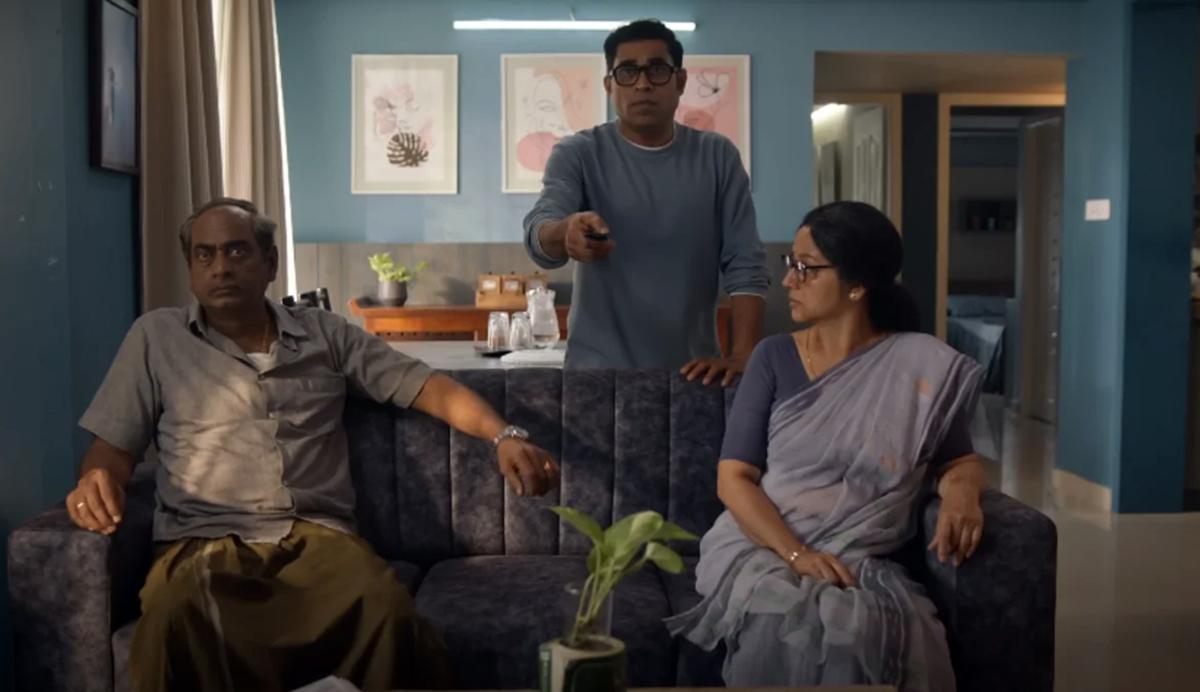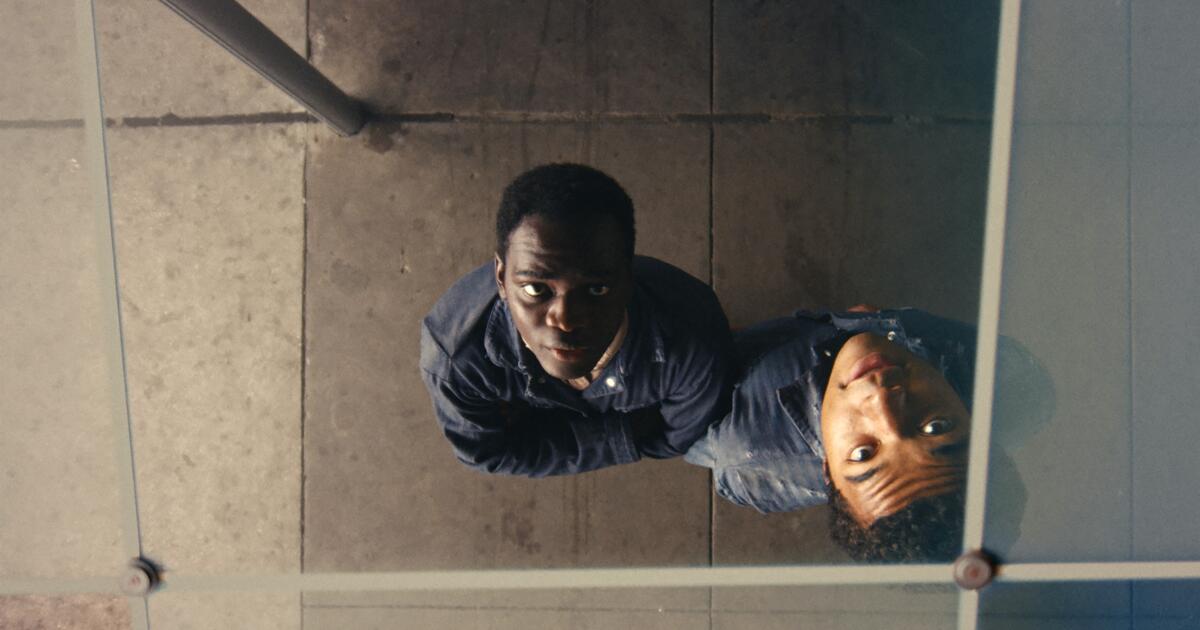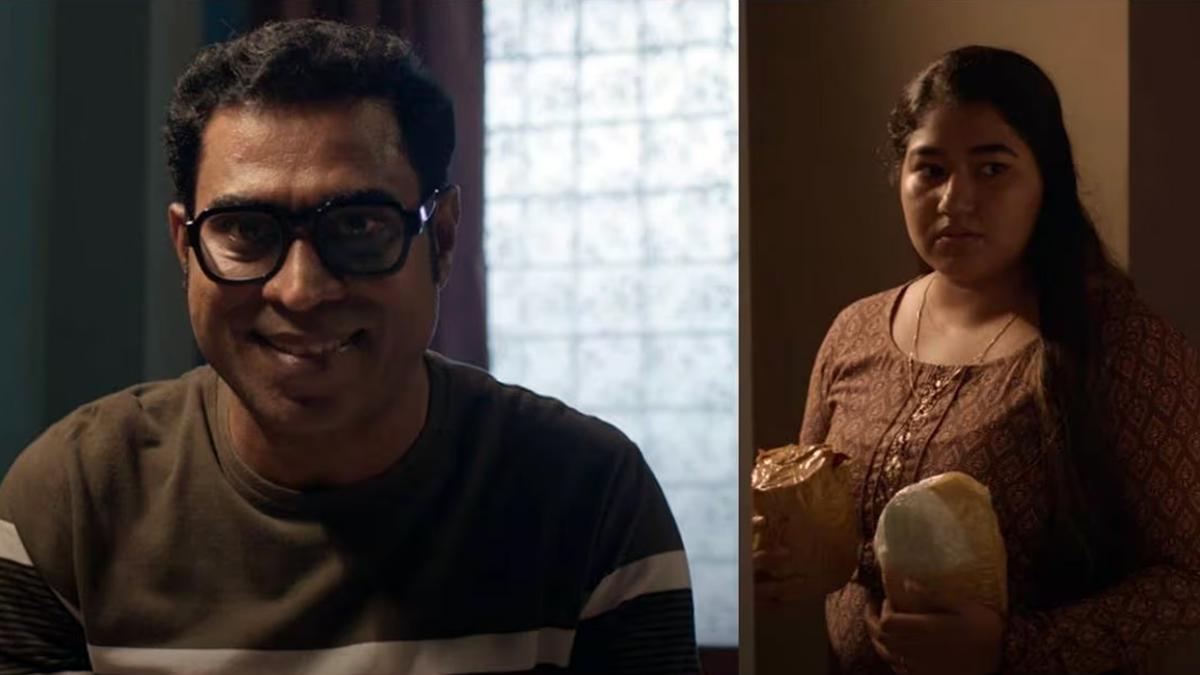When Colombian director Laura Mora was first approached about joining the team tasked with adapting Gabriel García Márquez’s novel “One Hundred Years of Solitude” into a TV series, she was more than skeptical.
“I first heard of the project back in 2018, and I remember saying, ‘What is this madness?’ ” Mora said in Spanish in a Zoom interview. “How could they possibly want to do this? I was terrified. I really thought it was an act of folly. Irresponsible, even.”
José Rivera, who would eventually pen the scripts that changed Mora’s mind, was initially just as wary.
“I’m not going to go watch that,” he recalled thinking when he heard about what Netflix was trying to do. “It’s going to suck. They’re going to blow it. It’s not going to be good.”
But as was the case with everyone who eventually signed on for what’s an ambitious and assured adaptation (Part 1, consisting of eight episodes, is now available to stream), Rivera, Mora, fellow series director Alex García López and the entire creative team realized that the best way to guarantee the series would have made García Márquez proud was to take the plunge and make it their own. To honor it but to let go of the idea of being wholly faithful to it.
Published in 1967, “One Hundred Years of Solitude” earned the Colombian novelist known affectionately as “Gabo” a Nobel prize in Literature in 1982. More than 50 years since its publication, the story of the Buendía family and the tragicomic events that ravage their small town of Macondo remains one of the most beloved novels of the 20th century.
In García Márquez’s prose, Macondo is Colombia and Colombia is Macondo. An entire sense of history was contained within its melodramatic stories. The town founded by José Arcadio Buendía (played by Marco González as a young man and Diego Vásquez as his older version in the series) with his wife, Úrsula Iguarán (played by Susana Morales and later by Marleyda Soto), slowly tracks the arrival of mysticism, then science, later still politics and the Church. Macondo soon finds itself at the heart of a political civil war wherein Buendía’s grown son, Col. Aureliano Buendía (Claudio Cataño), becomes a revolutionary leader destined for glory and infamy.
The novel covers so much ground that adapting it had long seemed impossible. Rumblings about Hollywood taking a stab at it followed the book ever since it had been published, with people as varied as Anthony Quinn and William Friedkin expressing interest at some point over the last few decades. But García Márquez, who died in 2014, always resisted such offers.
With the arrival of streaming giants like Netflix and their commitment to bolstering local talent and productions, García Márquez’s family — which includes his son, filmmaker Rodrigo García — saw a chance to give “One Hundred Years of Solitude” the adaptation it deserved, one that would be shot in Spanish and in Colombia with mostly Colombian talent in front and behind the camera. (The series uses English subtitles.)
García serves as an executive producer on the show but said he tried to not be too involved. He knew his mere presence might have distracted the creative team.
“I did say that I thought a lot of the adaptations that have been done with my dad’s work suffered from too much respect for the book,” he said over Zoom. “And too much awe for the writer. I told them they should feel free to truly adapt it.”
García Márquez’s poetic language and his iconic imagery were always going to be hard to translate into the language of episodic television, especially since the book didn’t follow a neat timeline.
Rivera, who was nominated for an Oscar for his screenplay for “The Motorcycle Diaries” (2004), knew that to tell the Buendías’ story he’d have to wrangle the novel’s circular sense of time. In the drafts for the show’s 16 episodes — which then were fleshed out and co-written by a coterie of Colombian writers, including Natalia Santa, Camila Brugés, Albatrós González and María Camila Arias — Rivera tidied up the chronology of the show’s titular century, which begins roughly in 1850 and ends in the middle of the 20th century.
That alone unlocked a way to structure into 16 hours of what is otherwise a 400-page novel that features little dialogue and covers six generations of the Buendía family — not to mention civil wars, bloody massacres, illicit love affairs, family betrayals, ill-fated marriages, cold-blooded executions and everything in between.
Another signficant obstacle was how to import García Márquez’s signature sensibility onto the small screen. Mora and García López worked to ground the world of the series in a believable, tangible reality. Shot on location in Colombia with sets that allow characters to move freely in long wandering shots, “One Hundred Years of Solitude” has a handcrafted, theatrical sensibility.
“One of the great gambles of the language of the series was precisely the chance to distance ourselves from that magical realism that has often been interpreted as a fantastic place, and embrace it instead as a poetic place,” Mora said. “A place where our reality, sometimes because of its beauty and harshness, surpasses any fiction. To do so not in an artificial way but in a very artisanal way, instead.”
“The book is well known to be a book with magical flourishes,” García adds. “But it is also a very grounded, realistic, psychological story of relationships. Of desires and frustrations. I think that’s what keeps the book alive. It’s about life.”
The currency of “One Hundred Years of Solitude” hasn’t diminished precisely because Gabo’s stories have long served as both a chronicle and a warning. As history and template.
“One of the things that marks a great work is precisely that it doesn’t lose its relevance,” Mora said. “That it always gives us insight into the world we live in. It doesn’t matter when it was written. The author becomes a prophet of his times.”
For its cast, the series’ themes — on political violence and a divided people, on the cost of peace and the price of corruption, on families torn apart and traumas passed from generation to generation — remain as topical as ever. And not nearly as local as they may at first appear.
Even as the show is clearly rooted in Colombia, “One Hundred Years of Solitude” is a text that transcends borders.
“The contradictions at the heart of the human experience will forever resonate across time,” said Cataño, who plays the famed Aureliano Buendía. “It is a theme with which all races on Earth can identify. All of humankind’s dualities and ambiguities are the dualities and ambiguities that exist in these characters. It is impossible not to identify with them.”
“I think its significance and relevance comes from the fact that we have gradually lost our memory,” Vásquez adds. “The cycle just keeps repeating itself.”
It’s a bleak message. But one that by its very nature, and as the Buendías themselves learn, will never get old. And it will continue to resonate not just in Colombia but elsewhere. Particularly in countries that face challenges with the very issues of power-hungry figures Gabo sketched out close to half a century ago.
“The book touches on many universals, one of which is the ever-present problem of tyranny,” Rivera says. “The idea of revolution and revolutionary fervor is universal. And it’s apropos to today, if you understand that Trump is a tyrant, or a would-be tyrant. Then we’ll have to ask ourselves, Where is our revolutionary spirit? Who is our Aureliano?”
This is why Mora is most excited, if apprehensive, about exporting this most Colombian of stories to a global audience once more.
“I do wonder how this may resonate in a place like the United States, in a country that is so divided at the moment,” Mora says. “But then I think that the whole world is very polarized. And ‘One Hundred Years of Solitude’ gives us insight into how difficult and dangerous such a divided world can be, and about how poetry and beauty are also what can save us.”

























/cdn.vox-cdn.com/uploads/chorus_asset/file/25782636/247422_ChatGPT_anniversary_CVirginia.jpg)
/cdn.vox-cdn.com/uploads/chorus_asset/file/25789444/1258459915.jpg)

/cdn.vox-cdn.com/uploads/chorus_asset/file/25546252/STK169_Mark_Zuckerburg_CVIRGINIA_D.jpg)


/cdn.vox-cdn.com/uploads/chorus_asset/file/23951353/STK043_VRG_Illo_N_Barclay_3_Meta.jpg)